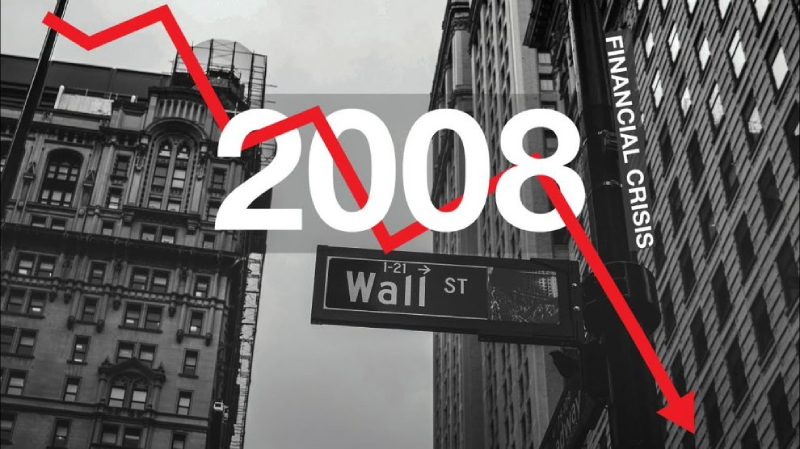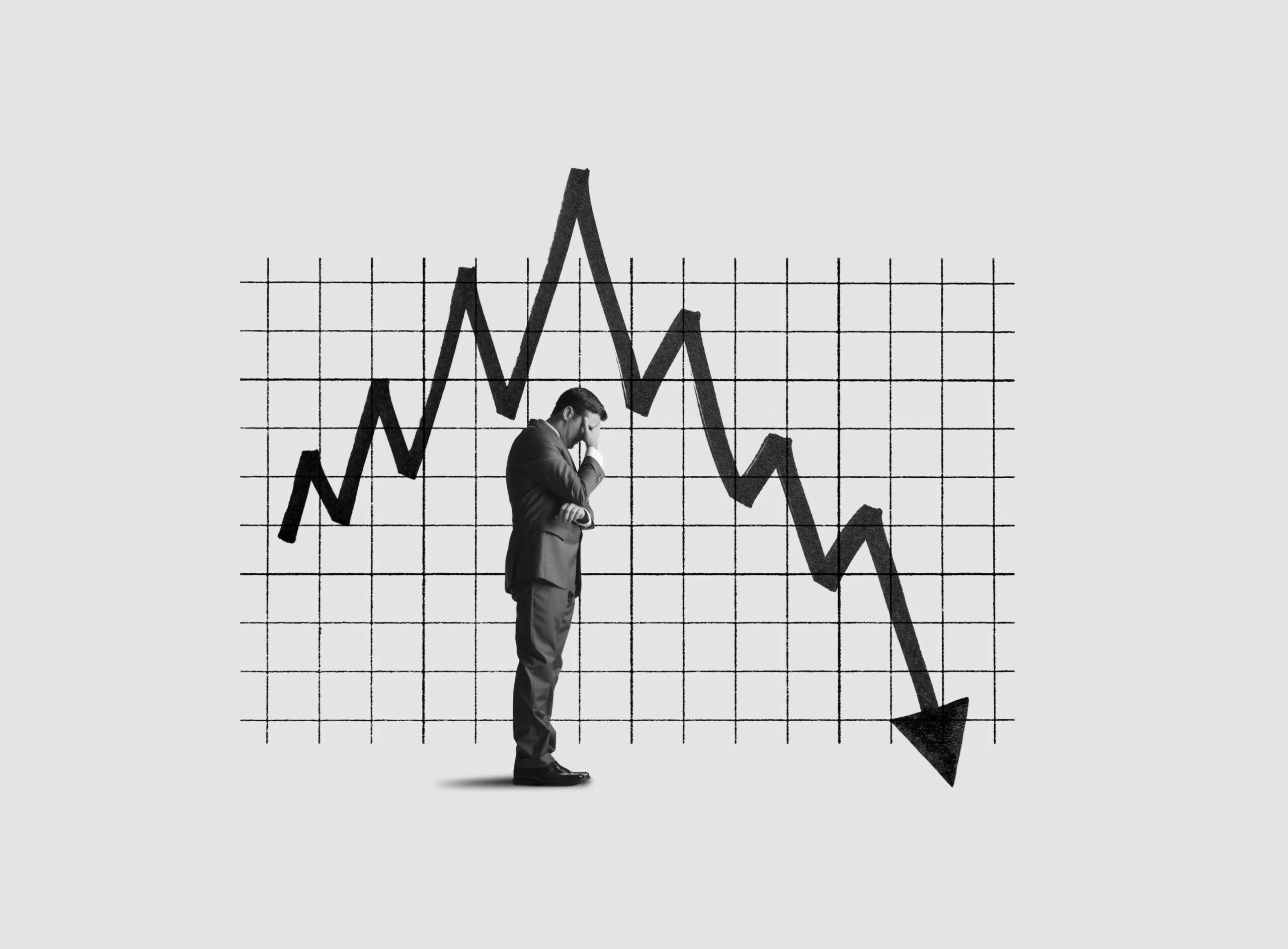A recession is a period of economic downturn that is typically characterized by declining economic activity, rising unemployment, and declining asset prices.
There are a variety of factors that can contribute to a recession, and the specific causes can vary from one recession to the next. It’s important for businesses and individuals to stay informed about economic conditions and to be prepared for the potential impacts of a recession.
Here are a few steps you can take to prepare for a recession:
- Build an emergency fund: Having a financial cushion can help you weather any unexpected expenses or income disruptions that may arise during a recession. Aim to save enough money to cover at least three to six months of essential expenses.
- Review and adjust your budget: Take a close look at your spending habits and consider trimming non-essential expenses to help reduce your overall spending. This can help you build up your emergency fund or pay down debt. Living on a budget takes great discipline. But it can be done! You just need to know what to spend your money on and where.
- Evaluate your debt: Consider paying down high-interest debt, such as credit card balances, to reduce your overall debt burden. Managing debt is never easy. One of the most important things to do if you have a lot of debt is to pay down high-interest balances first, such as credit card balances. This can help you save money on interest and make it easier to manage your overall debt burden during a recession.
- Diversify your investments: Consider diversifying your portfolio to include a mix of stocks, bonds, and other assets. Diversifying your portfolio is essential for anyone with investments. Many people only invest in stocks and bonds, but there are many other assets to consider such as investing in loans with Monexo. This can help reduce the overall risk of your investments and potentially improve your chances of weathering a recession.
- Review your insurance coverage: It’s important to review your insurance coverage and make sure you have adequate protection. If the economy enters a state of recession, your home could be devalued by 20%. Income from investments might decrease by 50%. You could also incur unaffordable medical bills. Review your insurance coverage and make sure you have protection to keep yourself afloat if the economy takes a downturn.
- Stay informed: Keep an eye on economic indicators and news developments to stay informed about the state of the economy. These indicators can be anything from a decrease in the unemployment rate, an increase in consumer confidence, or something as simple as a change in gross domestic product. By keeping an eye on these indicators and developments, you can easily stay informed about what’s happening with your money.
- Upskill yourself: With the prospect of a recession looming, it’s important to be prepared. Upskilling can help you improve your employment prospects and increase your job security in times of economic uncertainty. It’s important to carefully evaluate your skills and career goals and identify areas where you can improve to increase your employability.


The 2008 financial crisis highlighted the need for a more holistic approach to financial planning. When you prepare for a recession, you want to make sure that you are considering a range of strategies. This includes understanding your risk tolerance, taking advantage of tax deferral opportunities, and maintaining a diverse portfolio of stocks and bonds to help mitigate downside risks.




